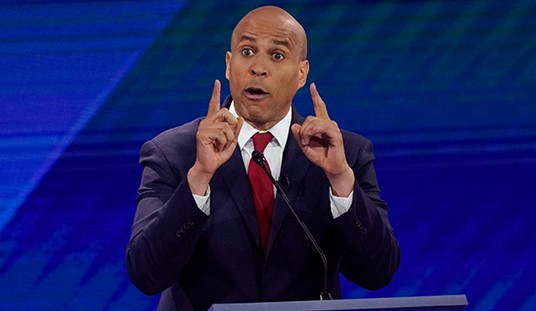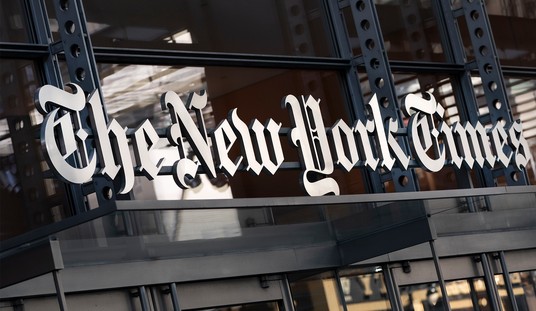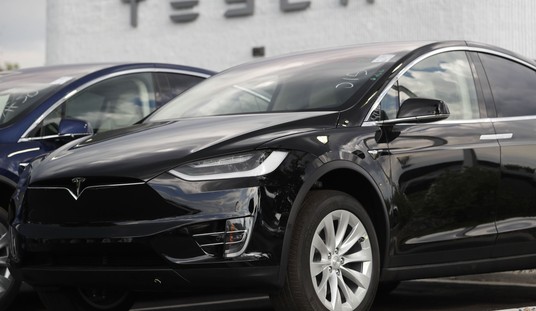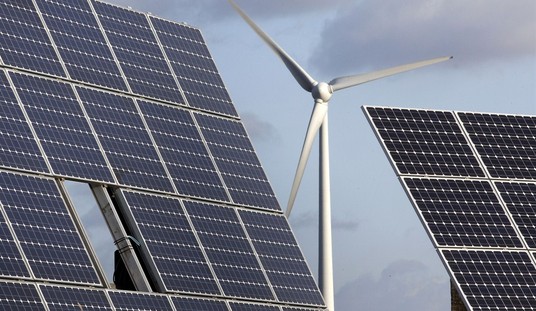On Thursday, Trump campaign manager Brad Parscale called out Google and Twitter for what he labeled “voter suppression.” Their method: restricting political ads.
Twitter recently banned all advertisements of the political sort, and Google’s 86’d any that target specific voters.
According to Brad, these policies are meant to hurt the Trump campaign.
During a press briefing in Rosslyn, VA, he recalled a disconcerting realization three years ago:
“Jared [Kushner] and I knew two days [after the election] that they’re going to start systematically trying to destroy everything we did in 2016.”
In his view, the tech giants have a clear political mission:
“They have a culture within their companies and a bias within their companies — I don’t even think this is as much for the general public as it is to keep control of their own companies, because they’re places that are so liberal, they’re so progressive, that they even think giving us an opportunity to talk to our voters is something they need to stop because it’s the virtuous, righteous thing to do at this point.”
As for targeted ads, Brad explained that voters “opt in” to receive ads from the Trump campaign by indicating on the web that they like the President or want to receive content.
But that communication is being blocked; he compared Google to the phone company:
“What Google has just done would be no different than the phone companies taking our phone lists and saying, ‘You can’t call your voters.’ That is a complete voter suppression activity.”
So will Big Tech stop the Trump Train? Not so far as Brad is concerned. It’s got steam the old fashioned way, too: The RNC and the campaign have two million active volunteers to lead the way to 2020 victory, via methods as Amish as going door-to-door. Tech is, in Brad’s words, “a day late and a dollar short.”
As it stands, political campaigns can still use Google to reach allies at the polls, but only sorted by age, sex, and postal code.
Google thinks that’s fair, as relayed by a spokesperson to The Daily Caller:
“Digital advertising has an important role to play in the democratic process, and it comes with important responsibilities,” a Google spokesperson told the Daily Caller. “We know that political campaign strategists on both sides of the aisle have raised concerns about how our changes may alter their targeting strategies, but we believe the balance we have struck — allowing political ads to remain on our platforms while limiting narrow targeting that can reduce the visibility of ads and trust in electoral processes — is the right one.”
Additionally, let’s not forget — under the Big G, there’s also YouTube, pushing and pulling on commercials by those who hope to lead us.
From CNN:
YouTube has prevented President Donald Trump from running a number of ads on its platform this election season, its CEO acknowledged on Sunday. But the exact reasons for the decisions are unclear, once again raising questions about the policies of YouTube and its parent company Google.
In a report on Sunday, CBS’s 60 Minutes said it found more than 300 Trump campaign ads have been taken down from YouTube and Google this year. In an interview, YouTube CEO Susan Wojcicki told CBS that more information about the ads can be found on Google’s ad transparency website.
And if the companies won’t regulate things properly, we’ve got the Cable News Network to set everything straight — as they did here, last month:
As the 2020 US presidential election approaches, how online platforms will deal with misinformation and outright false claims by politicians has become a hot-button issue. Google — which has taken in tens of millions of dollars in political advertising in the United States since last year — has been until now notably quiet in the debate surrounding how online platforms handle political ads.
President Donald Trump’s reelection campaign ran an ad in October on Google-owned platform YouTube that falsely accused former Vice President Joe Biden of corruption for his role in Ukraine policy during the Obama administration.
Personally, I like the idea of virtually zero regulation on social media — let it be a place where everyone can say what they want. An open forum.
But something tells me we’re not only far from that, but we’re headed way, way, way further down the road.
Enjoy it as this level of liberty while you can…
-ALEX
See 3 more pieces from me:
Find all my RedState work here.
And please follow Alex Parker on Twitter and Facebook.
Thank you for reading! Please sound off in the Comments section below.















Join the conversation as a VIP Member